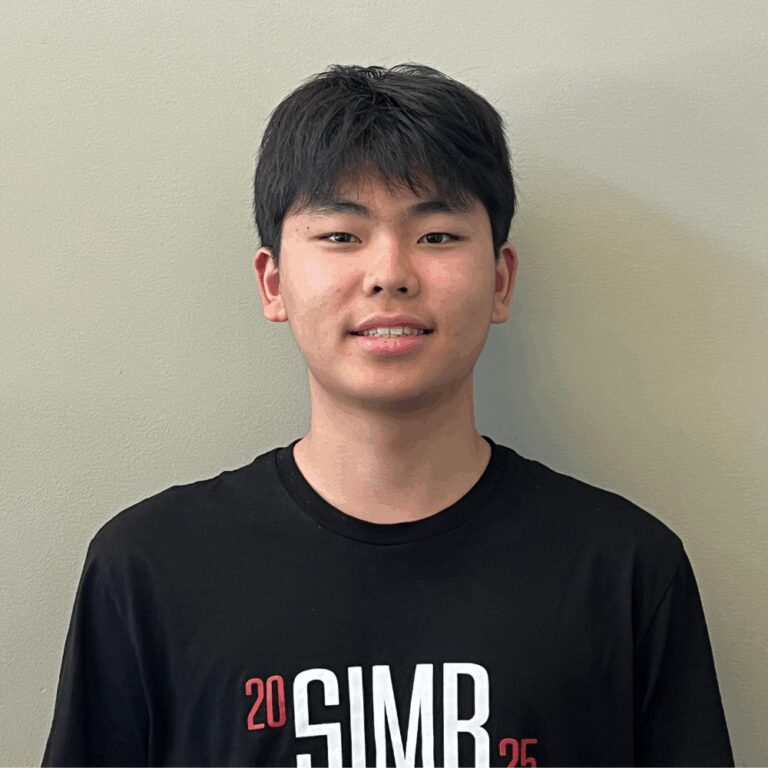
Poster #018
B7-H3 CAR T-cells in Recurrent Glioblastoma
Mentors: Bita Sahaf Ph.D., Reena Thomas M.D., Ph.D., David Miklos, M.D., Ph.D.
B7-H3 is a transmembrane glycoprotein that functions as an immune checkpoint molecule by inhibiting T-cell activation. In malignant tumors like glioblastoma, a grade IV brain tumor, overexpression of B7-H3 enables tumor cells to evade cytotoxicity. However, since B7-H3 is minimally expressed in healthy tissues, the protein is an effective target for Chimeric Antigen Receptor (CAR) T-cell therapy. These engineered T-cells express anti-B7-H3 CAR and selectively eliminate B7-H3-expressing cancer cells. Using flow cytometry and fluorophore-conjugated antibodies, we studied 10 patients to analyze CAR T-cell kinetics in cerebrospinal fluid (CSF) post-B7-H3 CAR infusion. Furthermore, single-cell RNA sequencing revealed infiltration of regulatory Tcells (Tregs), indicating a potential role in declining CAR T-cell persistence. Our results show that CD8+ and CD4+ CAR T-cells in CSF peaked around 7 days post-infusion, with a sharp decline beginning Day 42. Contrastingly, Tregs expanded after week 2, suggesting a potential inverse correlation between Treg proliferation and CAR expansion.